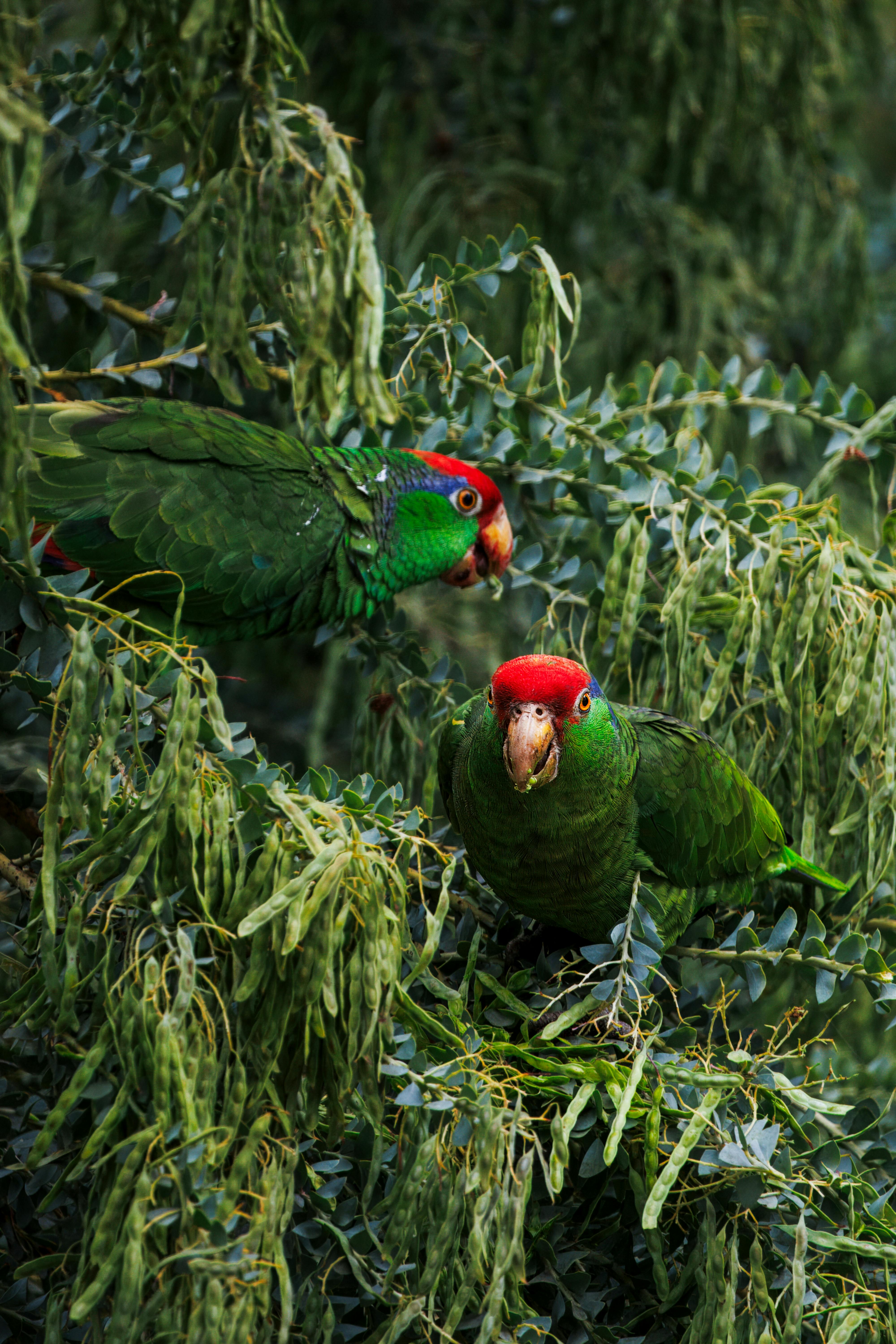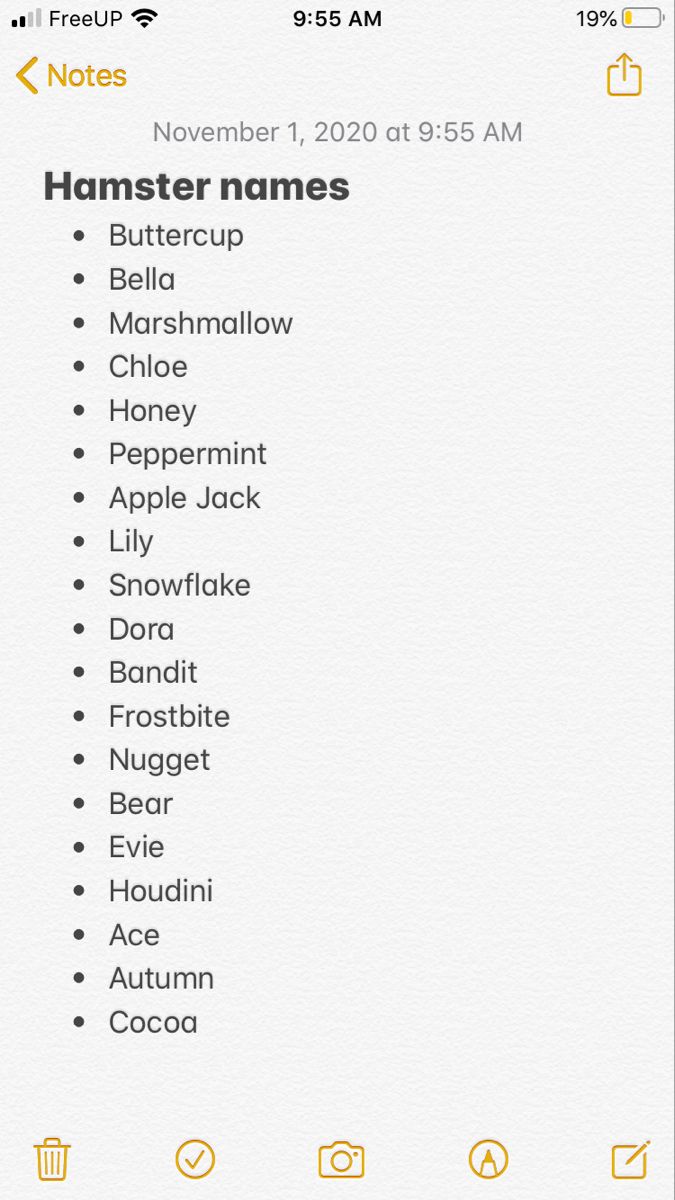Essential Guide to Angel Fish Food for Optimal Growth
Angel fish are a popular choice among aquarists, known for their graceful movements and vibrant appearances. However, ensuring their healthy growth and longevity significantly hinges on their diet. Understanding the different types of angel fish food and their nutritional values is crucial for every hobbyist. In this comprehensive guide, we will explore the best food for angel fish, feeding schedules, and tips for maintaining their health through optimal feeding practices. Additionally, we will provide insights into homemade options and special diets for breeding and newborn angel fish.
By ensuring you provide quality angelfish food, you can promote their growth and health. This article will cover various food types, feeding strategies, and best practices to foster a thriving aquarium environment. Be prepared to dive deep into the world of angel fish nutrition!
Understanding Angel Fish Diet Requirements
To provide proper care for angel fish, it's essential to understand their dietary needs, which can affect their overall health and growth rate. Angel fish are omnivorous, meaning they benefit from various food types, including both protein-rich and plant-based options. Their diet should simulate their natural feeding behaviors, consisting of small insects, crustaceans, and algae found in their native habitats.
Types of Angel Fish Food
When selecting the best food for angel fish, you will encounter a variety of options:
- Flakes: High-quality angel fish flakes are commonly used. Ensure they are formulated specifically for angelfish to guarantee adequate nutrition.
- Pellets: Angel fish pellets are a great choice for providing sustained nutrition. They tend to sink slower than flakes, catering to their natural foraging habits.
- Live Food: Introducing live food, such as brine shrimp or bloodworms, can enhance their diet and provide essential protein.
- Frozen Food: Frozen varieties, including brine shrimp and daphnia, can also be very nutritious and easy to store.
Each type has its benefits, so consider a varied diet to ensure your angel fish receive balanced nutrition for optimal growth.
Nutrition and Angel Fish Growth
Angel fish thrive on a diet rich in protein, which is vital for their growth and health. High protein angel fish food supports muscle development and overall vitality. It's essential to strike a balance between protein and other nutrients like carbohydrates and fats to promote optimal health.
A diet that lacks nutritional value can lead to poor health outcomes, such as stunted growth or susceptibility to diseases. Therefore, choose foods that specify the nutritional content and ensure they meet the specific needs of your angel fish.
Importance of Variety in Angel Fish Food
Providing a variety of foods is crucial for encouraging healthy feeding behavior in angel fish. It helps stimulate their natural instincts and urge them to explore their environment. A diverse diet prevents boredom and ensures a comprehensive nutrient intake. Include various foods in your angel fish feeding schedule for enriched diets, such as prepared angel fish food, live food, and frozen options.
Feeding Angel Fish: Best Practices
Understanding how to feed angel fish is just as vital as knowing what to feed them. An effective feeding strategy will ensure that your fish remain healthy and disease-free. Here, we will discuss several best practices that every aquarist should adhere to.
Feeding Schedule for Angel Fish
Creating a consistent feeding schedule helps maintain the health of your fish and encourages their natural feeding rhythms. Most aquarists recommend feeding adult angel fish 1-2 times a day, offering only as much food as they can consume within 2-5 minutes. For younger fish or growing fry, you may need to increase the frequency to 3-4 times daily to support their rapid growth.
Monitor their feeding behavior to adapt their schedule accordingly. Adjust the amount based on their health and appetite, as overfeeding can lead to water quality issues and obesity.
How Much to Feed Angel Fish
The quantity of food required for angel fish can vary with size and activity level. A general rule of thumb is to feed them a small amount, ensuring they clear their plates without leftovers. This prevents food from degrading water quality and encourages good health.
Using feeding accessories such as feeding rings can help contain the food, keeping it at one area and allowing you to easily monitor their consumption. Consistent portion control is key to maintaining a good angel fish diet.
Common Mistakes in Feeding Angel Fish
Feeding mistakes can significantly impact the health of your angel fish. One common pitfall is overfeeding, which can lead to short-term bloating and long-term health issues. Additionally, not varying their diet can lead to nutritional deficiencies.
Always choose quality foods and observe your fish for signs of health issues, which could be attributed to poor nutrition. Regularly evaluating their feeding behaviors and adjusting accordingly can save you potential headaches in the future.
Special Diets for Breeding Angel Fish
When preparing for breeding, achieving optimal nutrition for angle fish is vital. The right diet can make a significant difference in breeding success and fry health. Pregnant or spawning angelfish require higher protein levels and specific fatty acids to support the development of eggs.
Angel Fish Food for Breeding
During breeding, focus on high protein angel fish food that caters to the added nutritional requirements. Foods rich in Omega-3 fatty acids, such as specific frozen foods and quality flakes, are crucial as they assist in producing healthy eggs and fry.
Incorporating natural foods like live brine shrimp can enhance the spawning process and feed the fry appropriately once they hatch.
Feeding Newborn Angel Fish
Feeding newborn angel fish (fry) presents its own set of challenges. They require very fine food, often in powdered form or specially formulated fry foods, until they grow larger. It is essential to feed them frequently but in small amounts, as their small stomachs can only handle limited food at a time.
As they grow, you can gradually introduce small flakes or live foods into their diet.
Angel Fish Food Brands and Recommendations
Choosing the right brand of angel fish food is instrumental in providing nutritious meals for your fish. The market offers numerous reputable brands featuring a variety of formulations that cater to specific needs.
Best Angel Fish Food Brands
Some highly recommended brands that offer quality angelfish food include:
- Hikari: Known for their high-quality fish food products, including specific formulations for angel fish.
- Nutrafin: Offers a variety of fish food types, including flakes and pellets designed for angelfish.
- New Life Spectrum: Their products are designed with all-natural ingredients and high protein content.
Always check the ingredients to ensure they meet the nutritional needs of your angel fish.
Homemade Angel Fish Food Recipes
For those looking to create a more tailored diet, homemade angel fish food can be an excellent option. Simple recipes can include a mixture of shrimp, spinach, and gelatin to create a gel food that retains essential nutrients while being easily digestible.
Making your own food allows you to ensure quality and consistency in what you're feeding your fish, promoting better health and growth.
Conclusion
By understanding the breadth of angel fish food options and their specific dietary needs, you can create a well-balanced feeding plan that promotes optimal growth and health in your fish. From high protein pellets to nutritious live food, variety and quality should be at the forefront of your feeding practices. Adjusting your approach based on behavior, age, or breeding needs can lead to thriving, vibrant angel fish in your aquarium. Invest in their diet, and watch them flourish!


